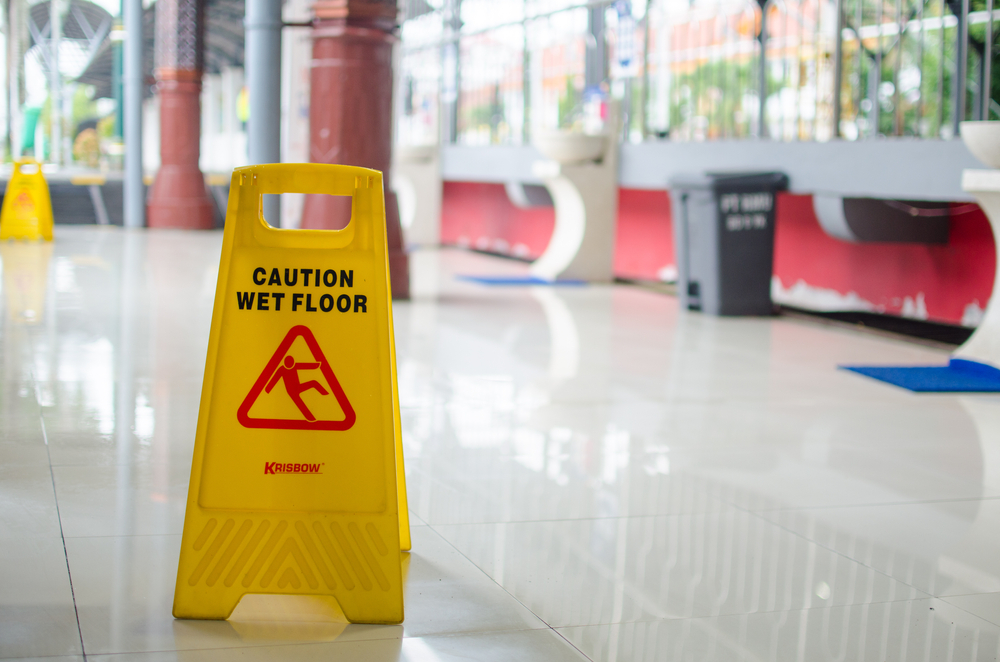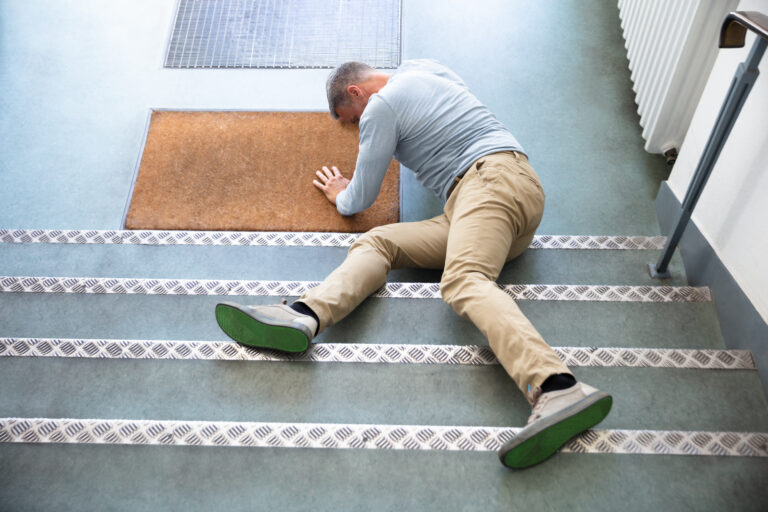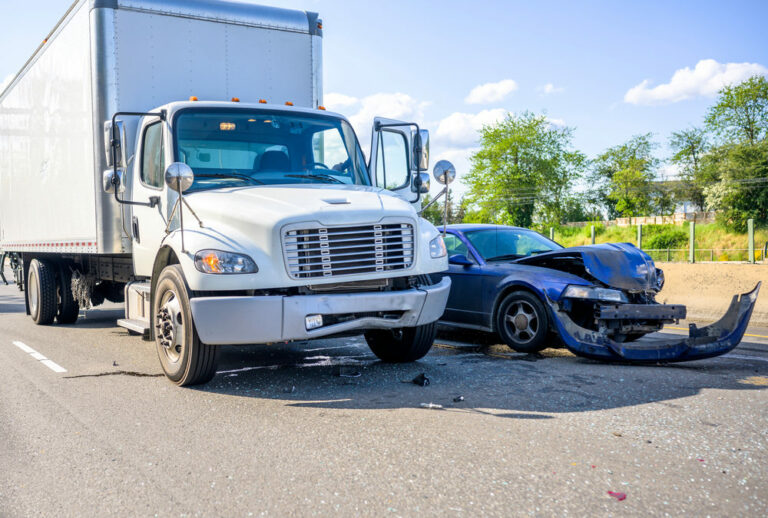How would you react to getting injured in a restaurant, business, or even a friend’s house? Many people don’t even consider this possibility, let alone have a plan to handle the situation appropriately. Based out of Savannah, GA, Lasky Justus Law is here with what you need to do if you are ever injured on someone else’s property.
If you were recently injured in or around the Savannah area and are looking for a law firm to work your case, contact the experts at Lasky Justus Law today!
What To Keep In Mind Immediately Following Your Injury
Your Health Is Priority #1
Following an injury, monitoring your health as the situation unfolds is crucial. Even if you are unsure if you should see a doctor, it is in your best interest to go to see a doctor. Some injuries, such as concussions, may not make themselves known until later. A check-up following a situation is a great way to get ahead of future issues.
BE SURE TO SAVE ALL RESULTING MEDICAL BILLS
Gather Evidence & Take Photographs
Take photographs of where you were injured, the substance or obstacle that caused you to fall, the injury itself, and anything else that may be useful to your case. You should also get the names and contact information of any managers/ employees or witnesses that came up to the scene of where you fell. You should even preserve the clothing and footwear worn at the event.
Reports To Obtain
If there is a report written about your injury, you need to obtain a copy of it. The most common would be police reports, incident reports (if the injury happened in a business), and the medical response team’s report if they were contacted.
Consult An Attorney Before Signing A Release
In the days following your injury, a representative of the property owner may contact you. Typically, they will ask for a statement or more information and details about the incident. However, they may request that you sign a release in some cases.
DO NOT SIGN ANYTHING OR GIVE ANY STATEMENT WITHOUT CONTACTING AN ATTORNEY ABOUT YOUR CASE
Remember: The insurance representative’s goal is to find a way not to have to compensate you. Having an experienced attorney fighting in your corner can make a difference in your case.
How Do You Know If The Property Owner Is Liable?
Duty Of Care
Duty of care is the legal obligation of a property owner to keep their property safe. Depending on the circumstances of your visit, as discussed below, you are owed varying degrees of duty of care. For example, suppose you are a patron at a business. In that case, you are owed the highest level of duty of care, meaning that that business is legally obligated to keep their property safe and free of hazards. When hazards arise, the property owner is responsible for making sure they are appropriately marked. On the other hand, if you are invited over to someone’s house, they are not obligated by law to keep the same standards as a business would. However, it is essential to remember that you still have a right to safety no matter what property it is as long as you are not trespassing.
Don’t Hesitate
Immediately following an injury on someone else’s property, many people hesitate to seek medical attention and legal advice or even feel uncomfortable bringing it to the staff’s attention. Remember that you are owed, by law, a certain level of safety when in a public place like a business or invited over to a friend’s house. If your safety was compromised because of the property owner’s negligence, keep these helpful tips in mind.
If you are in or around the Savannah, GA area and are looking for a law firm to help you with your case, contact Lasky Justus Law today!







